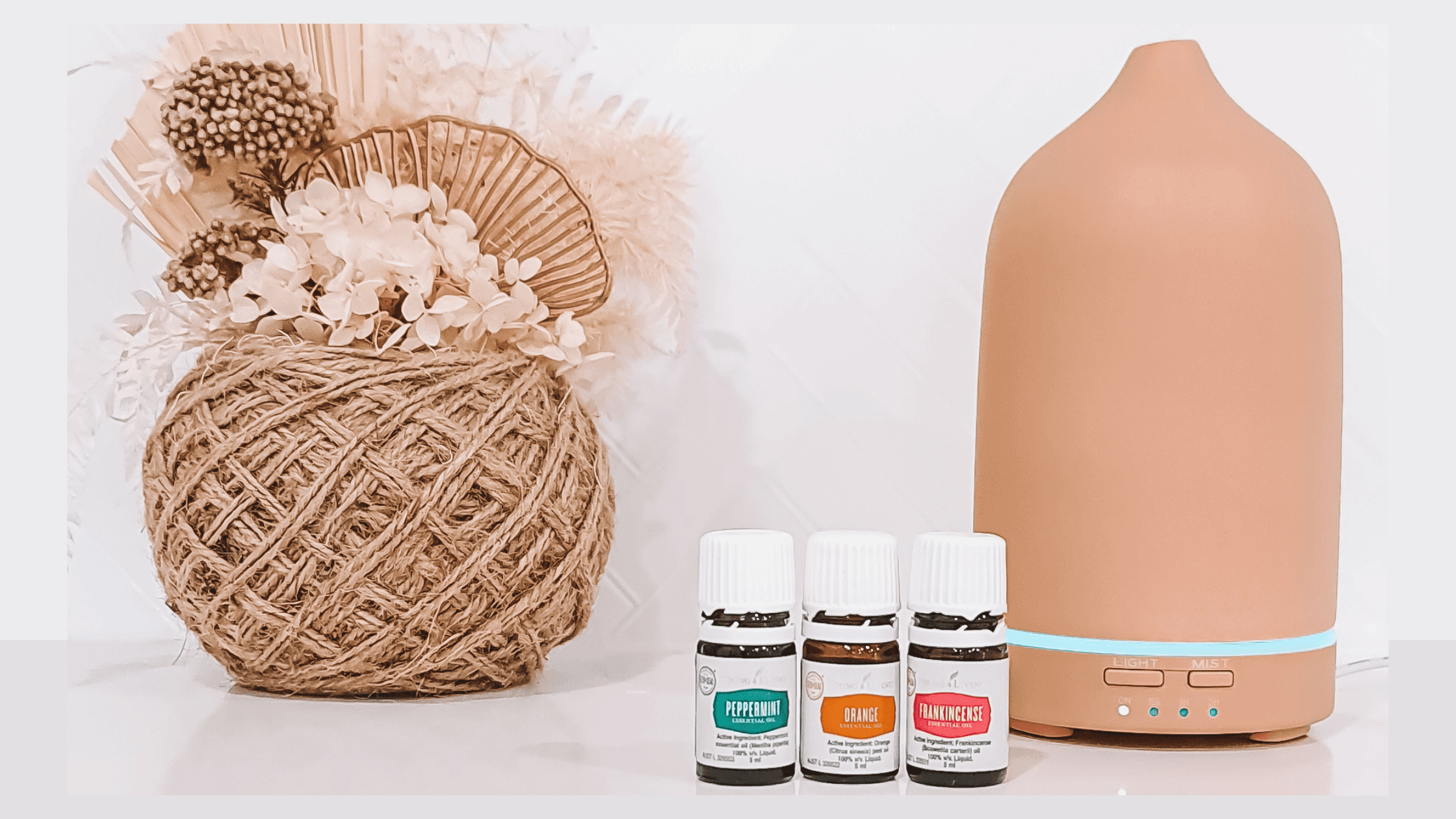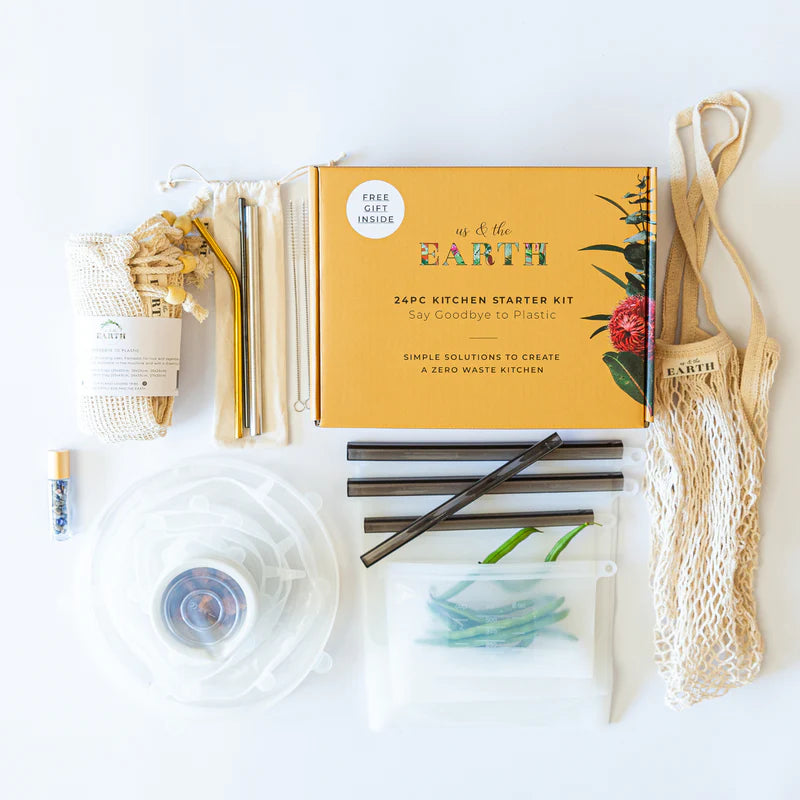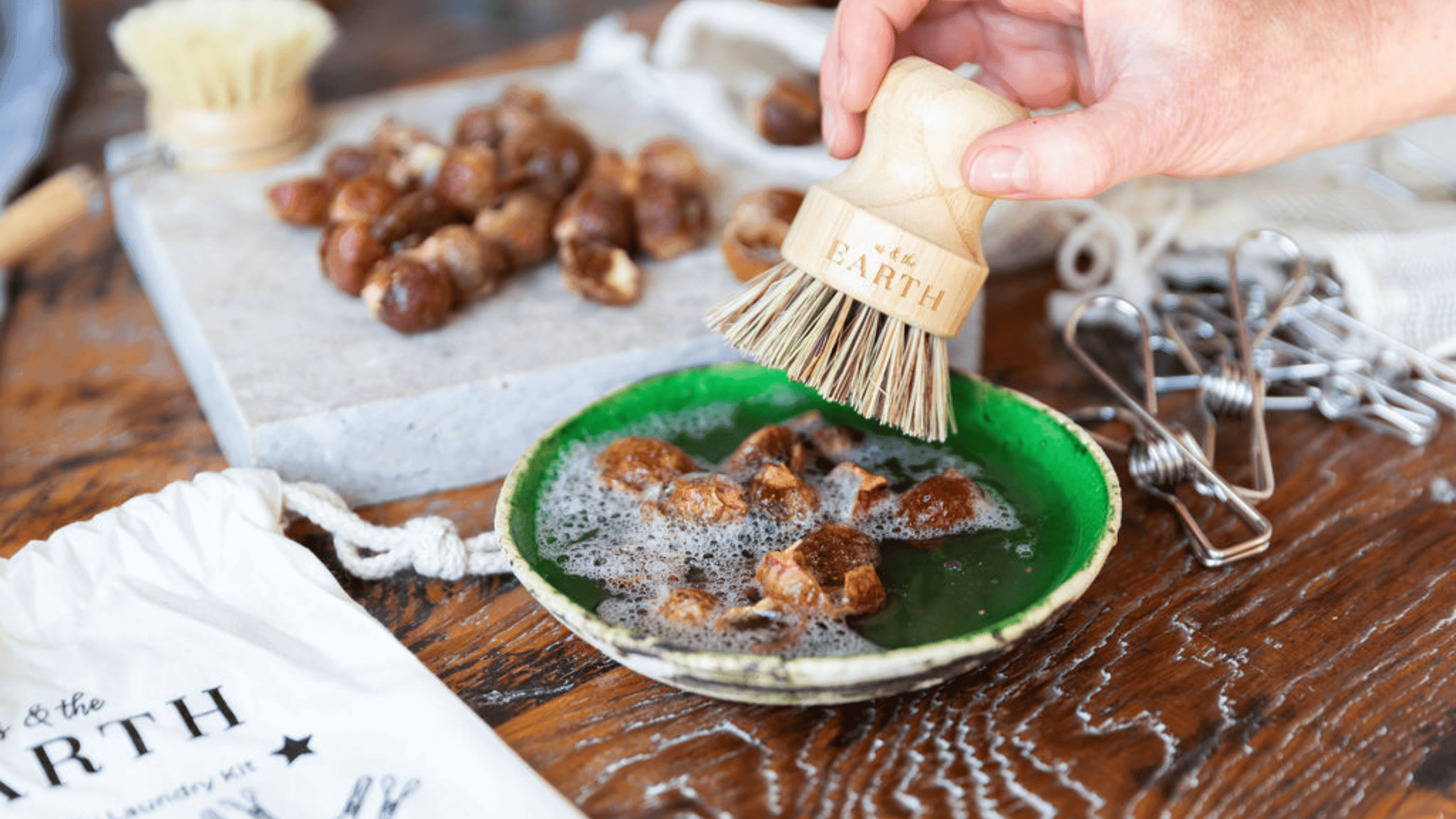Love it, natural toothpaste and the powder is so refreshing and leaves the mouth fresh

Which Essential Oils to use - the ‘how to’s to get you started
These highly concentrated, nutritionally dense and powerful natural oils are a must have in anyone’s self care kit. Used in a myriad of ways, from massage to diffusing in the home, in your bath or shower to inhale, DIY beauty and skincare, topically for insect bites or sore muscles, or blended with a carrier oil to make a decadent, non toxic, beautiful perfume. The list goes on! Cleaning your entire home becomes more of a sensory delight when using perfumed, powerful, antibacterial essential oils. From wooden floors, to windows, to scrubbing toilets, it can all be done, chemical-free with products that are essential oil based.
For many years the power of essential oils has been known, but a huge adoption of late comes from the fact that their strength and benefits far outway the chemical alternatives. Who wants to expose their family and pets to chemicals that we can breath, absorb and ingest? Not me.
What are essential oils?

Essential oils are simply a concentrated extract from a plant. Plants are comprised of phytochemicals and structural materials and it’s these natural chemicals that not only help the plant, but they can also be of benefit to us too. There is so much goodness in a tiny amount.
Which essential oils to use?

Firstly, you must remember that essential oils are very strong which is why you need to be sure why and how you want to use them, you only need a very small amount.
There are three main ways essential oils can be used:
- INGESTION: Some essential oils can be taken as supplements, via teas or you can simply place a drop or two directly onto your tongue. They are extraordinarily strong and can be harmful, so it is best you are under the guidance of a naturopath or other professional. Even with just 2 drops you are ingesting a lot of plant material at a time which can burn the lining inside your mouth.
- AROMATHERAPY: This is the most popular use of essential oils, and it simply involves smelling the oil to help improve your health. When you breathe oils in it stimulates your central nervous system to trigger an emotional response, which can help to reduce stress and anxiety quickly. There are a range of methods to use essential oils in aromatherapy – but always dilute the oils first and try to avoid any close contact with the concentrate.
- TOPICALLY: Most of the time blended with a carrier oil and rubbed into the skin to both enjoy as a natural fragrance and also for things like sore muscles or headaches.
Popular methods include:
- Take deep breaths of the oil directly from the bottle
- Use a diffuser – simply mix the oil with water, place it in a diffuser and turn it on. A diffuser is simply a device that disperses tiny particles of oil around the room where you can breathe them in.
- Place a few drops of oil onto a cotton ball and smell the aroma
- Put a few drops of oil into a bowl of hot water, put your head over the bowl and cover with a towel breathing in the rising oil scented steam.
- While you can enjoy a lot of health benefits from applying oils directly onto your skin where it can be absorbed naturally into the body it is recommended that you dilute them first to avoid any irritation, oils such as jojoba or coconut work well with essential oils.

What are Health Benefits of Essential Oils?
- Improve sleep
- Boost your mood
- Reduce stress improving job performance at work
- Reduce anxiety and pain
- Relieves headaches
- Can kill fungus and bacteria in viruses
- Helps to reduce nausea
Benefits of lavender essential oils and others

- Lavender Oil: this is a gentle oil that can be used in several ways, before antiseptics were discovered lavender oils were used to clean hospitals and it can help with pain, stress, and sleep.
- Tea Tree Oil: while it is most popularly used as an antiseptic or antifungal it can also help with acne (use undiluted – dip a cotton swab in the oil and apply it directly to the acne). Ringworm and athlete’s foot – dilute it with a carrier oil – coconut or jojoba and use the blend directly on the affected area. As the oil can be neurotoxic if you have pets or young children do not diffuse it.
- Peppermint Oil: Is known to ease headaches, lift your mood, fight fatigue, support memory, support digestion, reduce stomach spasms and is antifungal, anti-inflammatory and antimicrobial. Peppermint tea is very gentle and easy to use, it can help settle your stomach especially if you have gastric irritation or irritable bowel syndrome.
- Eucalyptus Oil: Is great for colds as it can sooth stuffed-up noses by opening nasal passages allowing you to breathe easier.
Using essential oils for children, pregnant women, and older adults
Some essential oils can be harmful when used in excess and may affect the nervous system and liver, so care should be used when using oils with seniors, pregnant women, those with a weakened immune system and children. Tea Tree and Eucalyptus are toxic for animals and have been known to cause seizures. If you are pregnant these oils are safe if you dilute them properly: Lavender, Rose, Sandalwood, Chamomile, Geranium, Ylang Ylang, Spearmint, Neroli and Frankincense.
Safe citrus oils also include tangerine, lime, lemon, orange, bergamot, and grapefruit but they are photosensitive in the light and can lead to sunburn when applied on the skin.
How to buy essential oils?
It is important you buy quality genuine essential oil, look for one that is minimally processed and organic. Look for oils that are-
- 100% pure with no synthetic oils or added ingredients, do not buy any that say *fragrance oils*
- Sold in dark, glass bottles, these bottles protect the quality of the oil as plastic and light damages them
- Contains details on the label – uses the plant’s botanical or Latin name, specifies the part of the plant used to make it, is organically grown, and one that extracts the oils via cold pressing or distillation methods.











Leave a comment
This site is protected by hCaptcha and the hCaptcha Privacy Policy and Terms of Service apply.